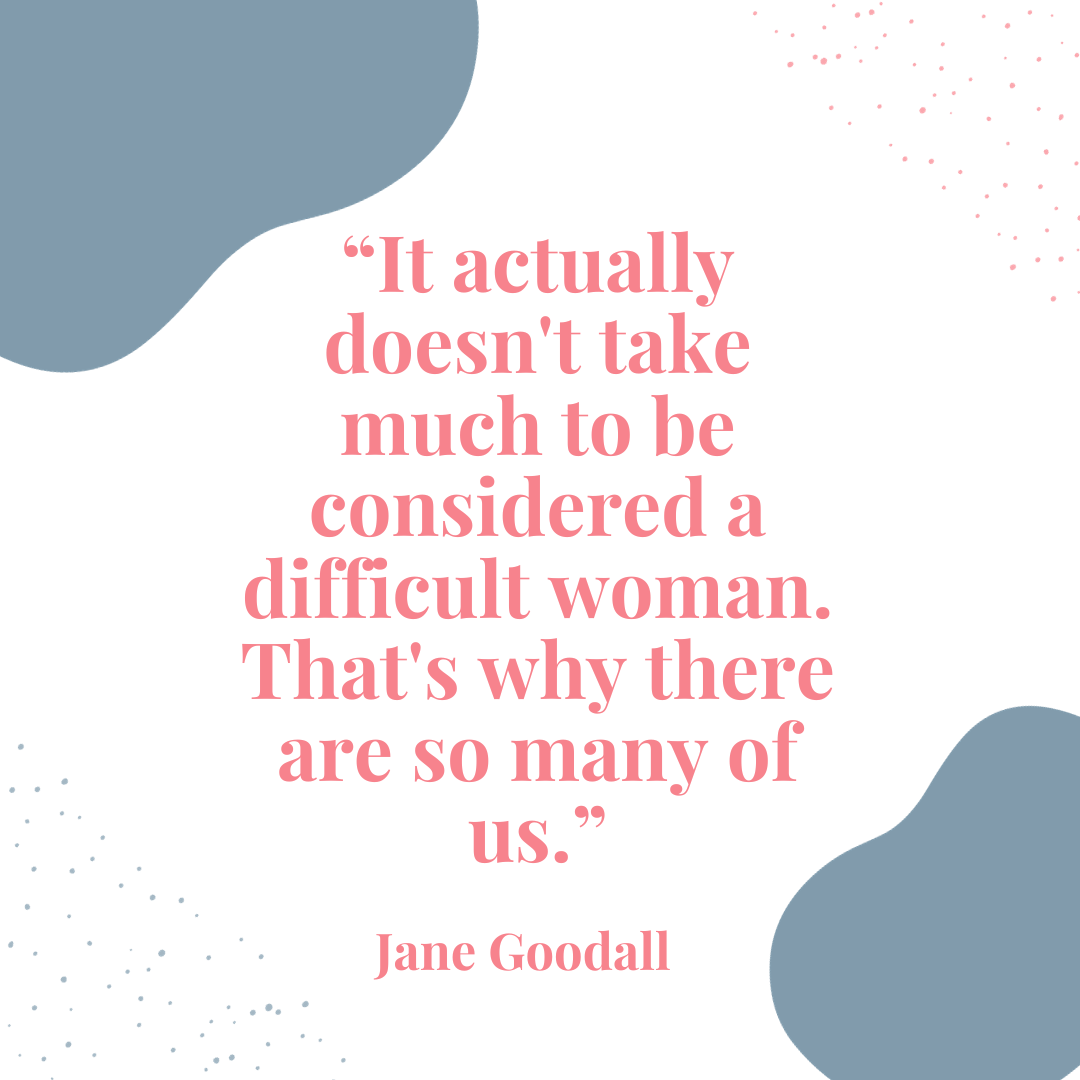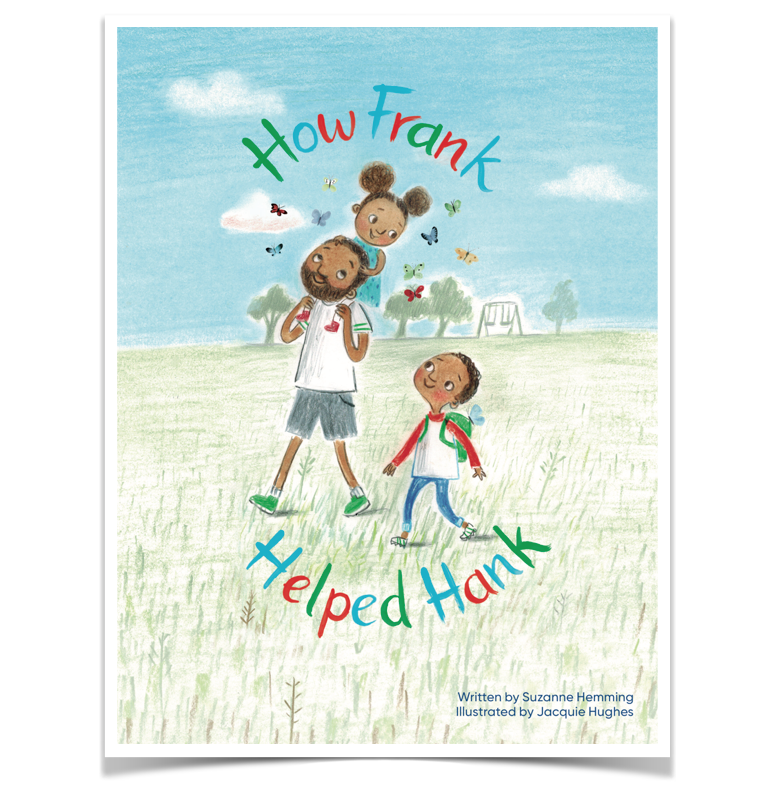Showing Boys It’s Okay to Feel and Why Modern Masculinity is So Important for Boys and Men.
Who watched Celebrity Traitors?
Did you see the moment shared by Alan Carr, Nick Mohammed and David Olusoga? I won’t describe it too much in this blog post just in case there’s someone who hasn’t seen the final yet! But Alan broke down in tears and was immediately supported with kind words and hugs by Nick and David. It was one of those rare moments that actually stopped me in my tracks, not because it was loud or dramatic, but because it was quiet, kind and full of emotional honesty. Three grown men showing warmth, vulnerability and genuine support for one another, on a public stage, without embarrassment or ego. A simple act of non toxic masculinity, yet somehow it still feels revolutionary.
We hear a lot, and rightly so, about women supporting women, and how powerful that solidarity can be (as Madeline Albright once famously said, “there’s a special place in hell for women who don’t support other women”). But watching men openly support men in the same way hits differently, because we don’t see it enough. Not like this. Not without irony, bravado or a joke to soften it. Just compassion, pride and care, plain and simple.
Moments like these are exactly why I wrote How Frank Helped Hank.
I wanted to create a story that shows children, especially little boys, that feeling sad, crying or needing comfort isn’t something to “grow out of”. It’s something to grow with. Emotions aren’t a weakness, they are part of being a human being, and boys deserve to know that as early as possible.
Too many adults are now unlearning what they were taught as children; that boys should toughen up, keep quiet, or “man up”. And it’s exhausting work, undoing messages you absorbed before you even knew what they meant. So if we can start earlier, if we can give children different words and better examples, then maybe they won’t have to fix themselves later.
Watching that moment unfold felt like seeing the very heart of my book played out in real life. Gentle, supportive masculinity, right there, in front of millions.
If this is the future of masculinity, then I’m here for it!
Let’s keep showing boys that it’s okay to cry, to feel deeply, to care loudly and to stand beside each other.
Because it matters. So much more than we realise.
And if you’ve already seen it and you’re not worried about spoilers, you can see more here!

)



